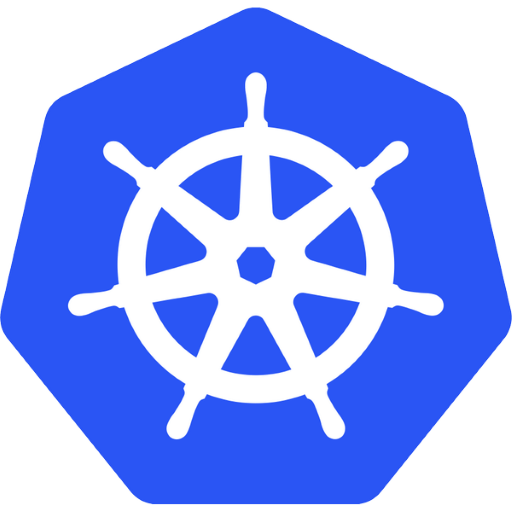Kubernetes offers industry-leading container orchestration. Kamatera eliminates the complex setup and management overhead with fully managed infrastructure, high-performance networking, and instant scaling for your containerized applications. You get all the power of Kubernetes with none of the hassle.
Get the flexibility to customize your cluster, including node configurations, networking policies, storage classes and security settings, on Kamatera’s enterprise-grade infrastructure, flexible, scalable, and reliable.

Why choose Kamatera for your Kubernetes hosting?
Our Kubernetes nodes run on premium hardware with NVMe SSD storage, high-performance CPUs, and enterprise networking.
Build custom Kubernetes platforms tailored to your organization’s needs. Create multi-region clusters, disaster recovery setups, and edge deployments based on your exact requirements.
With Kamatera’s Kubernetes hosting, you can focus on building applications, not managing infrastructure. We provide the high-performance servers, lightning-fast networking, and a stable platform, and you handle the rest.
Price Calculator
Data Centers Around the Globe

The system requirements for deploying Kubernetes can vary depending on your specific use case, such as the expected workload, data volume, and the desired level of performance and availability. Recommended minimum system requirements include:
CPU: 2 or more cores
RAM: 4 GB or more
Disk: Sufficient storage for your containerized applications
Network: Fast and reliable network connectivity between nodes
Refer to the Kubernetes documentation for custom requirements and instructions.
Hosting Kubernetes on Kamatera allows you to combine the power of this leading container orchestration platform with the flexibility and performance of our enterprise-grade cloud infrastructure. This gives you a scalable and reliable environment for running your containerized workloads.
While Kubernetes is a dominant and widely adopted container orchestration platform, there are several alternative solutions that cater to different needs and preferences. Here are some popular alternatives to Kubernetes:
Docker Swarm, Amazon ECS (Elastic Container Service), Apache Mesos, OpenShift, Nomad, Rancher, Google Kubernetes Engine (GKE), Microsoft Azure Kubernetes Service (AKS), D2iQ (formerly Mesosphere), and K3s.
Kamatera offers a wide range of operating systems for deployment on their cloud VPS hosting platform. These operating systems cover a variety of Linux distributions as well as Windows options, providing flexibility for different use cases and preferences.
You can install any of the following operating systems or bring your own license or custom operating system:
AlmaLinux
CentOS
CloudLinux
Debian
FreeBSD
Rocky Linux
Ubuntu
Windows
Linux Mint
Yes, here is a tutorial on installing Kubernetes. You will first need to enable Hyper V and WSL, and
install Docker Desktop
During the 30-day trial period, you may create one server with a configuration costing up to $100. You will have 1000 GB of free traffic available. Customers must provide a valid credit card to start the trial, but the card will not be charged if you stay within the usage limits stated above. If you wish to cancel the free trial, you can simply terminate your server without incurring any charges. However, if you do not cancel before the trial ends, we will begin charging for services used.
Kamatera has a global technical support team that is available 24/7/365. You can email, call, or chat with us on our live chat. Our customer support representatives will provide a prompt response to resolve your concerns.
Yes. Kamatera makes it easy to add or remove worker nodes from your cluster to scale resources up or down as your application’s needs change.














